
The speed of a website or web page to completely load in a browser is a significant factor in SEO. For context, page load time (or page speed) is the time it takes to fully display the content on a specific page.
For companies wishing to improve their ranking in organic search, improving website load time is a vital factor. In 2010, Google introduced speed into its ranking algorithms and announced the update on its blog with a post titled, "Using site speed in web search ranking." Google conducted studies on how users react when web search takes longer and found that page and site speed has a major impact on a user's happiness. These studies were announced on Google's research blog in 2009, which revealed the impact of minor increases in load time having a measurable impact on a user's engagement. Simply stated, "speed matters" on the Internet.
While these numbers may seem small, a daily impact of 0.5% is of real consequence at the scale of Google web search, or indeed at the scale of most Internet sites. --Google
For many marketers, fixing load time could have a dramatic positive impact on outcomes.
[U]sers exposed to a 400 ms delay since the beginning of the experiment did 0.44% fewer searches during the first three weeks, but 0.76% fewer searches during the second three weeks. --Google
There are a number of tools that allow webmasters and marketers to measure site speed and page load time. Google's own Page Speed Insights or HubSpot's Website Grader are good examples.
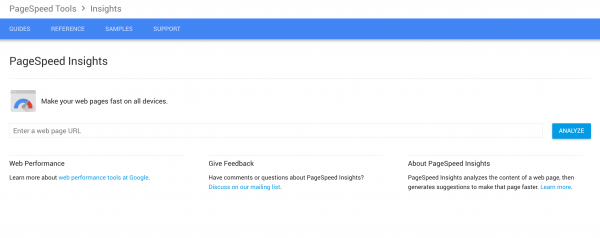
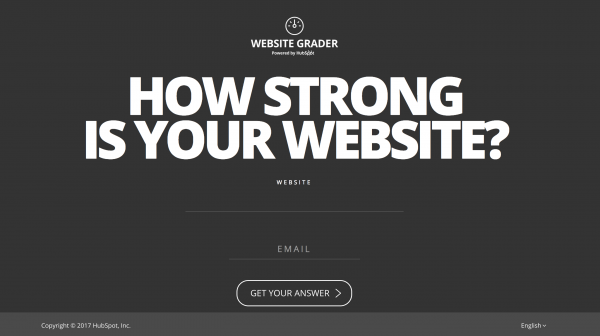
For those more technical, use Chrome's built-in developer tools to inspect the elements of a website that specifically drive up the load time.
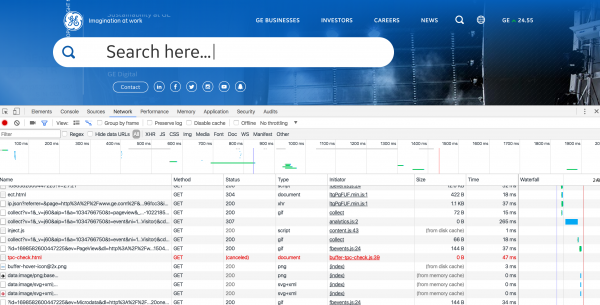
We love the Chrome developer tools because they allow for:
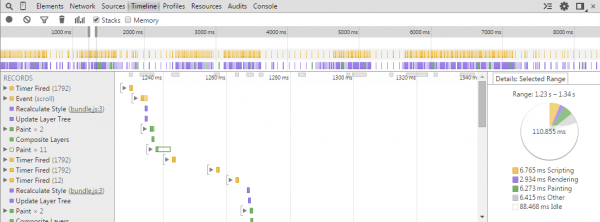
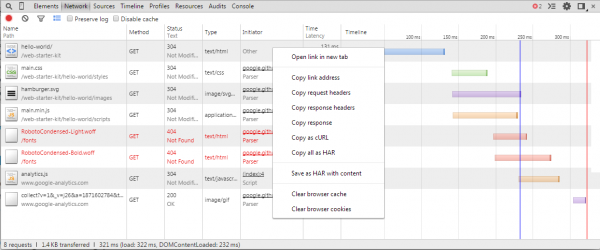
Conclusion:
While many marketers may spend countless hours improving design, messaging, calls-to-action, and other conversion factors, fixing page load time may be one of the most impactful initiatives a digital marketer can do to improve results from campaigns and initiatives. Page load time should be a website design factor that marketers invest time and energy to improve since it can scale negatively or positively for your campaigns. And, yes, it does impact SEO.
SOURCES:
by Jonathan Franchell, CEO of Ironpaper - For more tips and hacks: Need to remove a new line after h1 tags? Both web designers and SEO practitioners need to employ headline tags: H1, H2, H3 in several ways to improve web page structure and tag...

The Crowded Arena of the IT Marketplace Updated December 2024 The Information Technology (IT) landscape is experiencing rapid growth and intensifying competition. IT spending is projected to reach nearly 5.1 trillion U.S. dollars in 2024, a...

Updated December, 2024 The field of digital marketing is evolving rapidly in response to new technology and changing buyer expectations. To help career-minded marketers, we’ve rounded up the top 10 skills needed to succeed in the field. These are...

The marketing industry is transforming significantly due to generative AI and increasing market complexity. Gartner's prediction of a 25% decline in traditional search traffic suggests that the era of search engines is dying. AI tools, particularly...
